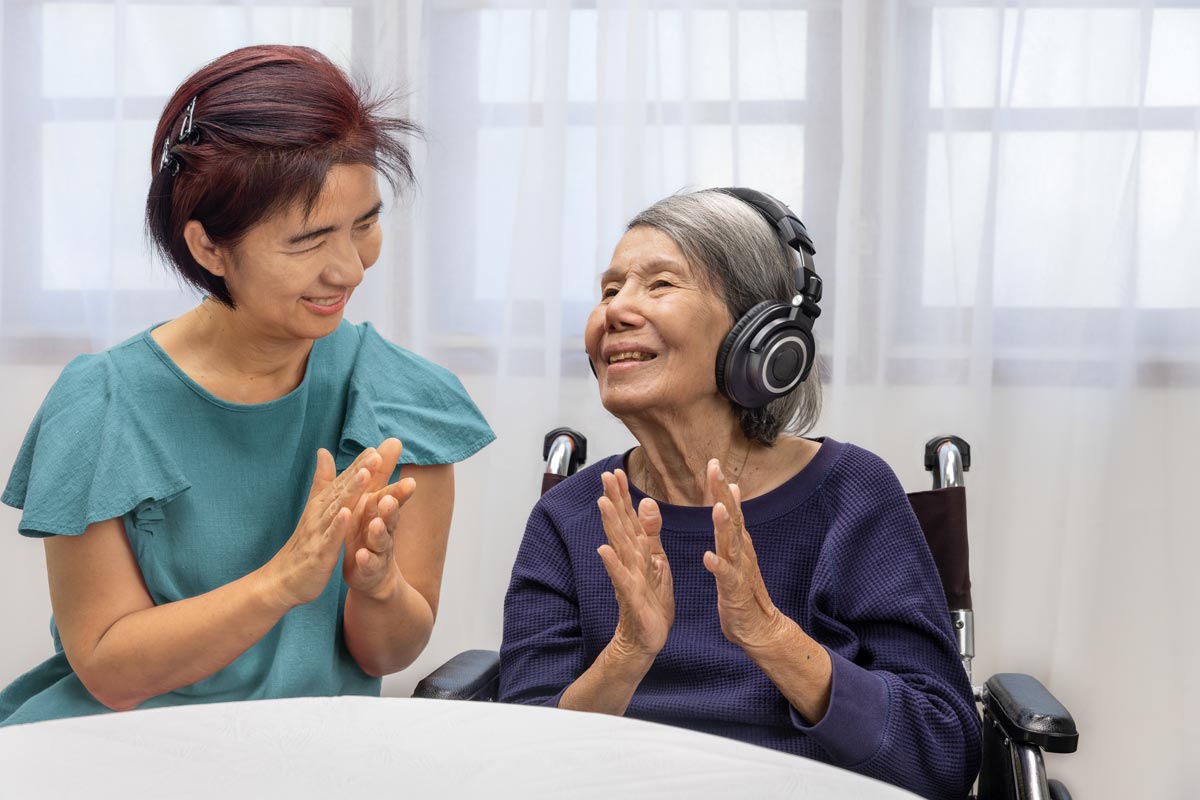
Music, Food May Hold Key to Memory Recall in Dementia Patients
Certain senses shown to unlock memories in those with brain degeneration
It is hard to avoid the subject.
There are news releases almost daily with sobering statistics about the growing number of people living with dementia – articles about exercise, diet, mental stimulation and other strategies to prevent or delay the onset of Alzheimer’s disease are common.
Most of us have been touched by this disease in our own families.
Luckily, there is some good news to come out of the fight against dementia.
Recent research has shown that music has the extraordinary power to awaken the brain and stimulate memory.
Music has a unique way of unlocking memories and improving quality of life for those living with dementia – indeed, for all of us.
Current thinking is that the area of the brain where we appreciate and remember music may be less susceptible to the degeneration that is caused by Alzheimer’s disease. Also interesting is that certain tastes and smells may trigger memories of past events – even in people with dementia.
Family or professional caregivers of someone with dementia may want to offer music or food that can trigger positive memories, such as a food from someone’s childhood or musical selections that have been meaningful for that person.
When caregiving, the goal is ALWAYS to try to bring joy and to improve quality of life.
Other ways that we can try to help counter the side effects of this disease include:
- Educate yourself on dementia so that you can better assist people living with the condition and also to be able to support the caregivers.
- Encourage anyone who is concerned about their memory or organizational ability to see their physician or a specialist in the area (e.g., neurology, geriatrics).
- Join others who are also interested to help advocate for more research funding for Alzheimer’s and other dementias. Recent data suggests that dementia is the most expensive disease in the United States because of its long course, need for others to care for the person affected, and the high costs of that care.
Published on: September 10, 2024




